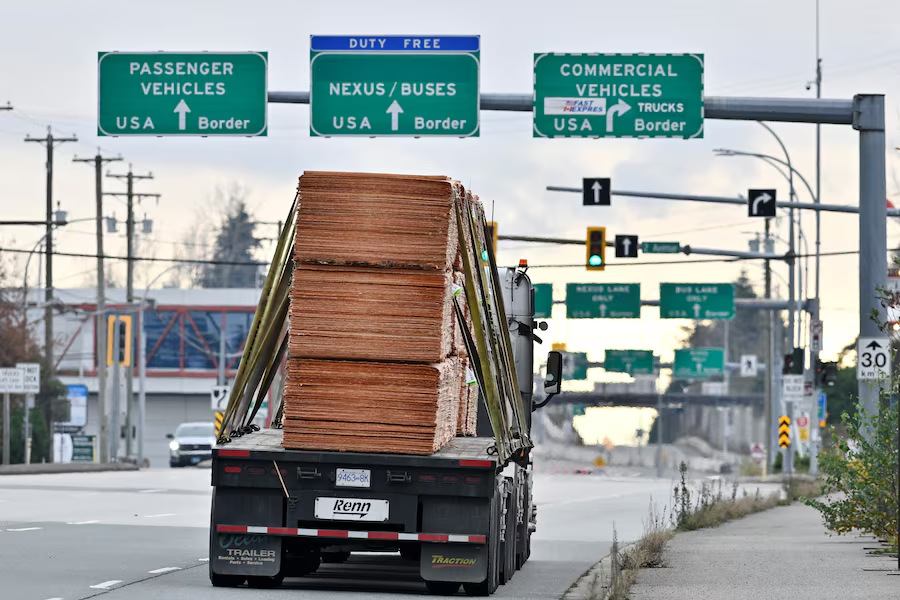Featured
article
- Get link
- X
- Other Apps
Canadian Businesses and Unions Unite to Address Trump's Tariff Threats

In response to the looming threat of tariffs from U.S. President-elect Donald Trump, Canadian businesses and unions have come together to form a trade council. This council aims to collaborate with the federal government in Ottawa to develop strategies to mitigate the potential economic impact of these tariffs.
The council's formation comes as Prime Minister Justin Trudeau and Canada's premiers prepare to meet to discuss the country's response to Trump's promise of imposing a 25% tariff on all Canadian imports. The tariffs, which are expected to be implemented shortly after Trump takes office, could have devastating effects on the Canadian economy, potentially leading to significant job losses and economic instability.
Ontario Premier Doug Ford has expressed concerns about the potential impact of the tariffs, estimating that up to 500,000 jobs in Ontario alone could be at risk. The trade council will work closely with the federal government to develop a comprehensive plan to address these challenges and protect Canadian industries and workers.
The council's efforts will include exploring potential retaliatory measures, such as imposing tariffs on U.S. goods, and developing strategies to strengthen Canada's economic resilience. By uniting businesses and unions, the council aims to present a coordinated and robust response to the tariff threats, ensuring that Canada's interests are protected in the face of these unprecedented challenges.
Popular Posts
Trump's Six Words: "I'm Going to Stop the Wars"
- Get link
- X
- Other Apps
Smart Savings for a Sharp School Start: Canadian Parents’ 2025 Guide
- Get link
- X
- Other Apps



Comments
Post a Comment